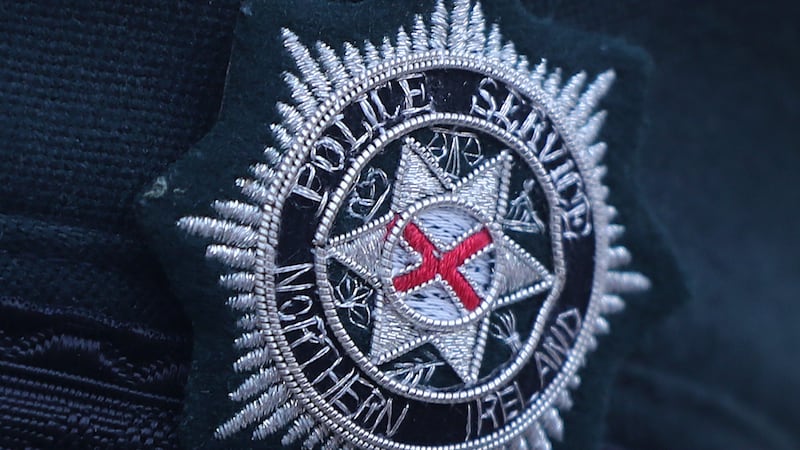A man who allegedly transported one of the cars used in the plot to assassinate a senior PSNI detective must remain in custody, a High Court judge has ruled.
James Gerard McSorley, 58, was refused bail amid claims he drove the vehicle from Belfast to Co Tyrone on the day Detective Chief Inspector John Caldwell was shot.
Mr Justice O’Hara based his decision on the need to protect police and the public from any risk of further dissident republican attacks.
DCI Caldwell was shot repeatedly in front of his son just after he finished coaching a youth football team at sports facilities in Omagh on February 22.
Although the New IRA claimed responsibility for the shooting, police believe other criminal factions assisted in targeting someone regarded as a joint enemy.
McSorley, of Chichester Mews in Belfast, denies a charge of preparation of terrorist acts in connection with the attack.
Detectives believe three cars were used in the operation, including a second Ford Fiesta transported to Omagh for an unattributed role in the build up to the shooting.
Prosecutors claim McSorley transported that vehicle from Belfast to Tamnamore Roundabout, near Dungannon.
He was then allegedly picked up and driven back to the city by his co-accused, 47-year-old Tony Slevin, of Derryloughan Avenue in Coalisland, Co Tyrone.
Seven other men have been charged with attempting to murder DCI Caldwell, who spent nearly two months recovering in hospital.
Opposing McSorley’s application for bail, a Crown lawyer claimed he was in telephone communication with another unnamed suspect who gave him instructions to take the Ford Fiesta to Co Tyrone.
She contended that CCTV and mobile phone evidence linked him to the journey.
McSorley made no comment during 14 police interviews, the court heard, but provided a pre-prepared statement denying involvement.
Defence barrister Sean Devine argued there were “evidential gaps” in the case against his client.


